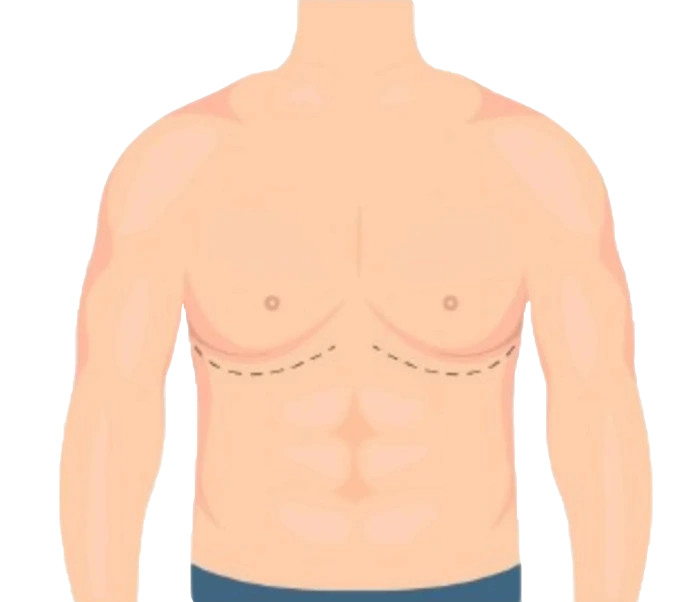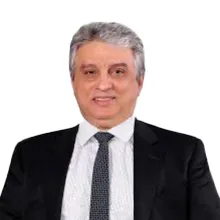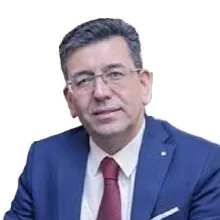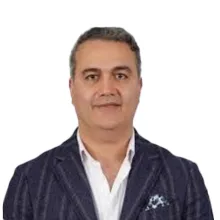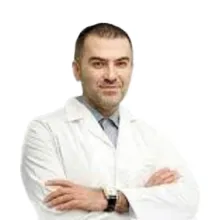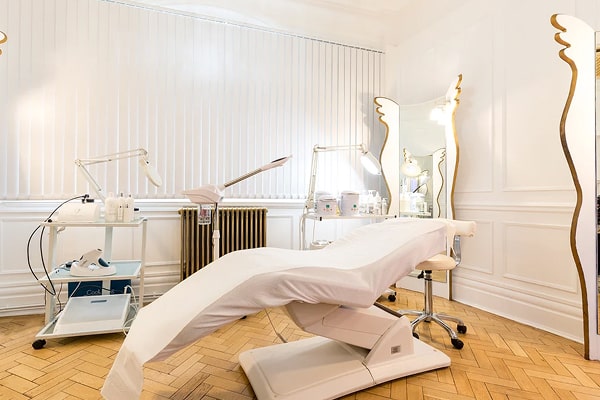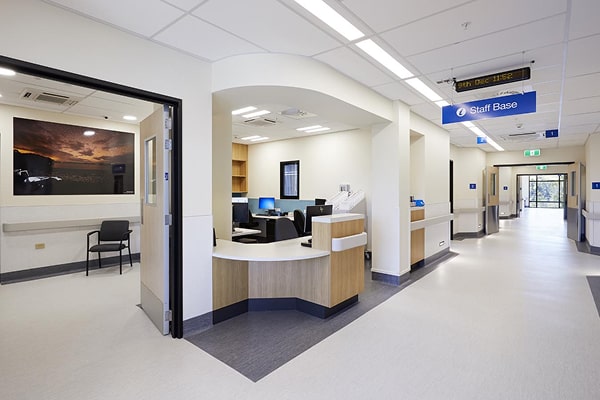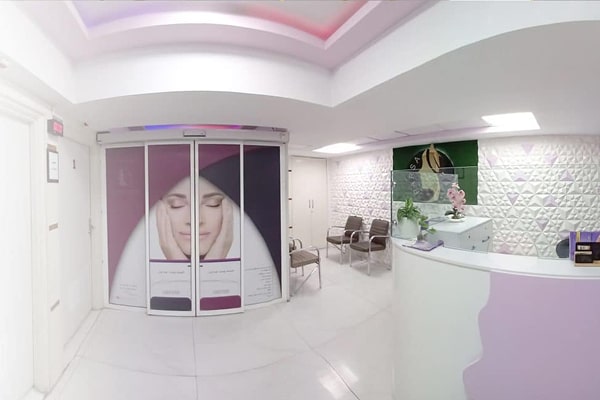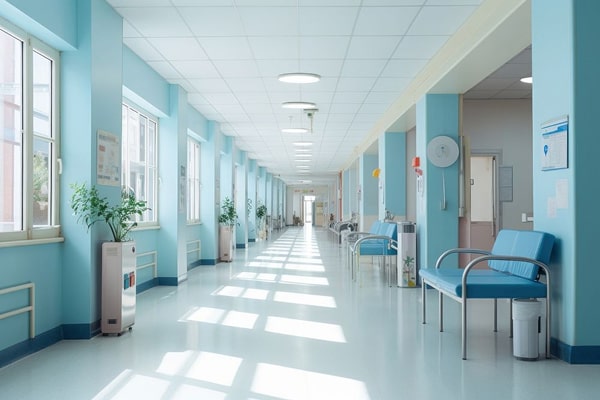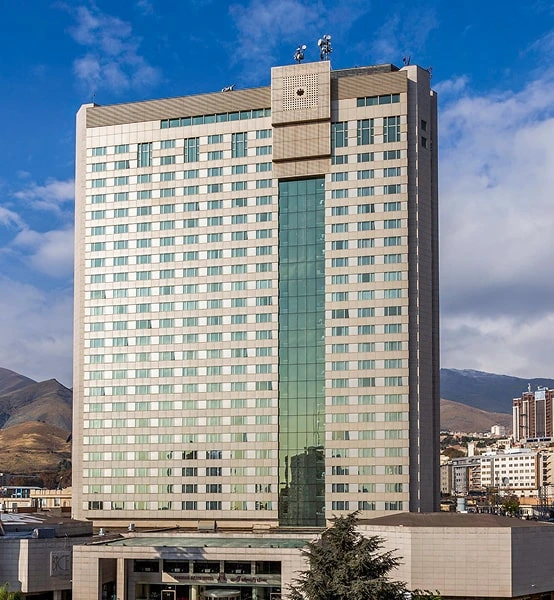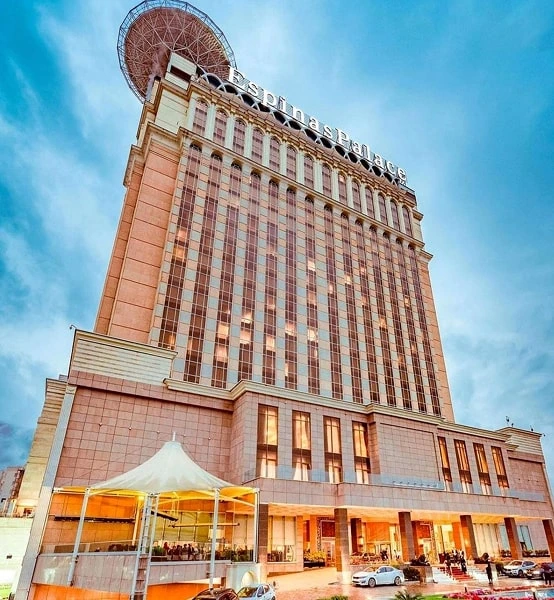Post-Gynecomastia Surgery Complications Treatment
A Complete Guide for Patients and Caregivers with a Focus on Specialized Services in Iran
Gynecomastia surgery, one of the most common cosmetic surgeries among men, is performed to reduce breast tissue volume and restore a more masculine appearance to the chest. While this surgery is typically associated with a high success rate, in some cases, complications or issues may arise that require follow-up care, treatment, and specialized correction.
This article provides a comprehensive review of potential post-surgery complications, their treatment methods, and Iran’s role as a reliable destination for corrective treatments and medical follow-up.
Common Post-Gynecomastia Surgery Problems
- Chest Asymmetry
One of the most common issues is chest asymmetry following surgery. This can occur due to uneven tissue removal, unilateral swelling, or natural differences in body structure.
Treatment:
The treatment typically involves minor corrective surgery aimed at achieving chest symmetry. In some cases, supplementary liposuction techniques may be recommended. - Loose and Sagging Skin
In some patients, especially those who have undergone significant weight loss or had very large breast tissue, the skin may remain loose after surgery.
Treatment:
Excess skin removal or breast lift using combined techniques (such as lipomatic and localized abdominoplasty) can restore the natural appearance of the chest. - Visible or Deformed Scars
Scarring can occur due to genetic factors or improper suturing techniques.
Treatment:
The suggested solutions include the use of healing ointments, laser therapy, and in severe cases, reconstructive scar surgery. - Fluid Accumulation (Seroma)
Accumulation of lymphatic fluids under the skin is another common complication that causes swelling or discomfort in the chest area.
Treatment:
Manual or outpatient drainage of the fluid, and in some cases, the use of temporary drains (Drain) to prevent recurrence, is the primary solution. - Reduced or Lost Nipple Sensation
Nipple sensitivity may be reduced or lost, either temporarily or permanently, depending on how sensory nerves were handled during surgery.
Treatment:
In temporary cases, sensation usually returns within a few months. For permanent loss, physiotherapy exercises or nerve-centered treatments may be helpful.
Iran’s Role in Treating Post-Gynecomastia Surgery Issues
With its highly skilled plastic and cosmetic surgeons, advanced equipment, and comprehensive medical tourism services, Iran has become a reliable destination for correcting and treating complications resulting from gynecomastia surgery.
Advantages of Treatment in Iran:
• Expertise of Iranian Surgeons:
Iranian surgeons, with extensive experience and training in Europe and the United States, are capable of correcting even the most complex cases.
• State-of-the-art Equipment and Technology:
Renowned hospitals and clinics in Tehran, Shiraz, and Mashhad are equipped with modern liposuction, laser, and surgical technologies.
• Affordable Costs:
Treatment costs in Iran are significantly lower compared to European countries, Turkey, or Arab nations, while the quality of care remains highly competitive.
• Comprehensive Medical Tourism Services:
Reputable centers like “CCKAAM” offer all services from consultation to accommodation, transfers, translators, and treatment follow-up.
Essential Post-Operative Care Following Reconstructive Surgery
To prevent complications and accelerate recovery, the following guidelines are recommended:
• Regular use of a compression garment
• Avoiding heavy exercise for at least 4 weeks
• Following an anti-inflammatory diet
• Attending follow-up visits
• Avoiding smoking and alcohol consumption
Conclusion
Although gynecomastia surgery is considered a low-risk and successful procedure in male cosmetic surgery, post-operative complications may still occur. With its robust medical infrastructure, specialized surgeons, and high-quality health tourism services, Iran offers one of the best destinations for correcting, treating, and fully recovering from these complications.
If you need specialized consultation or treatment, please contact us so that we can provide the best possible treatment plan for you.

